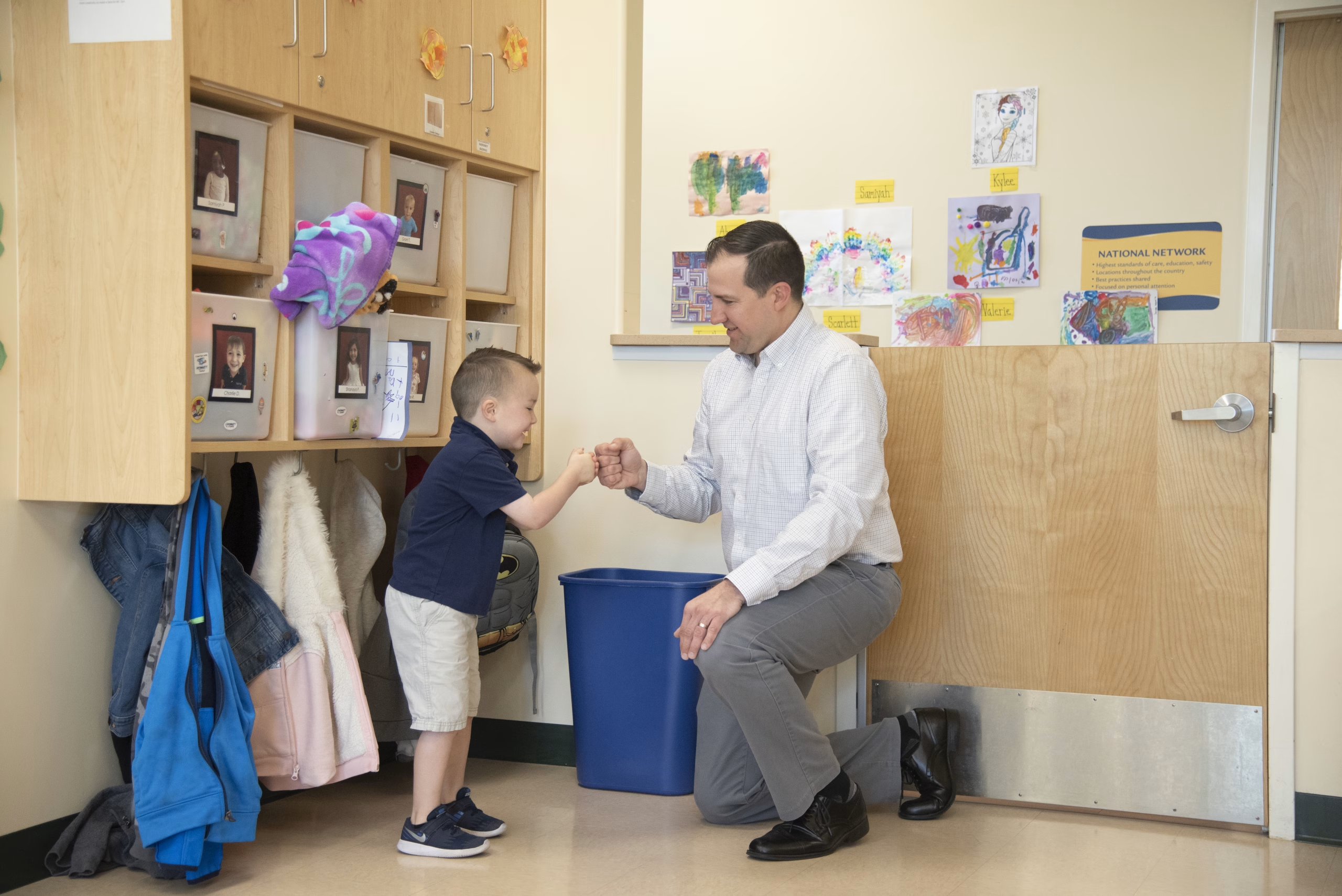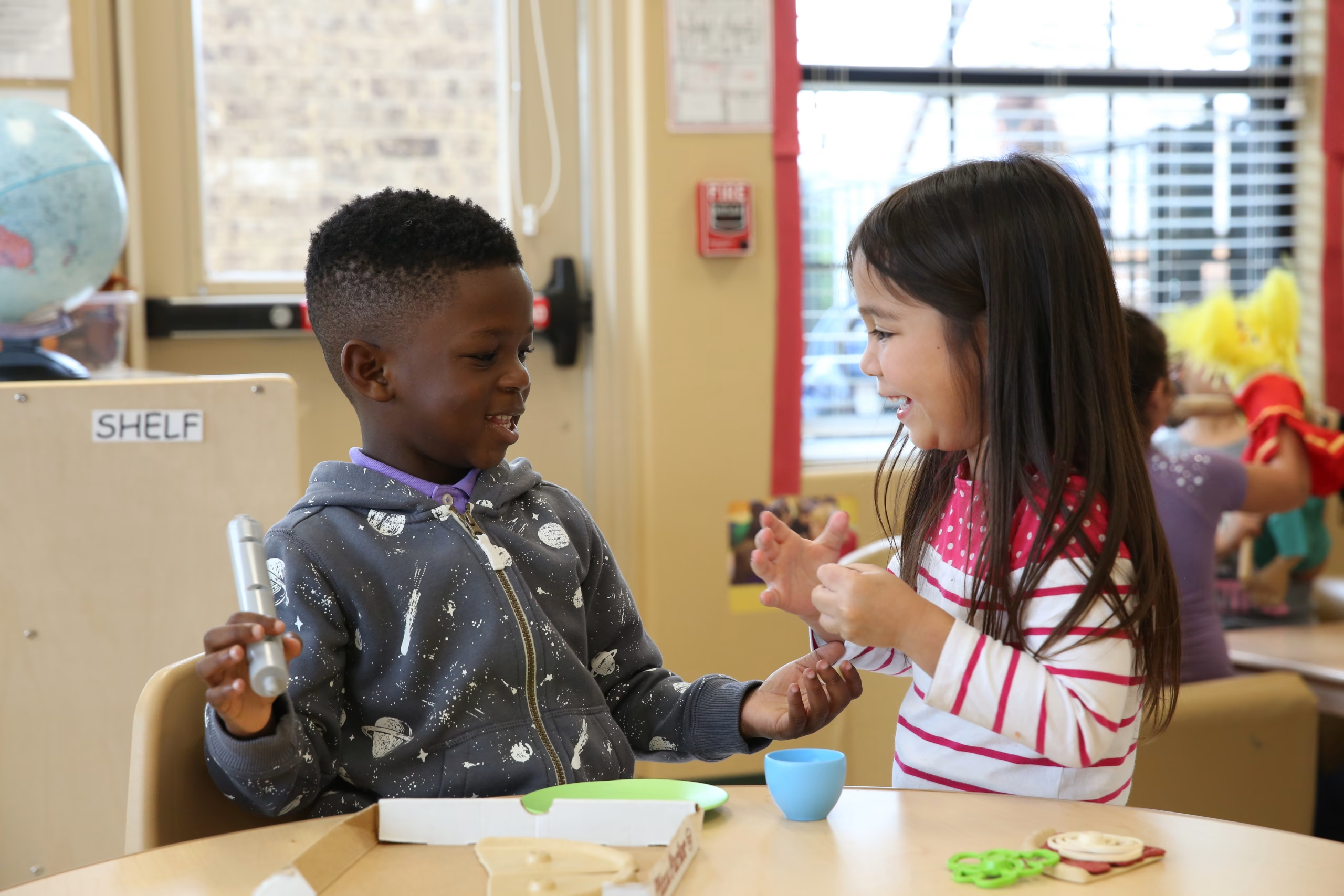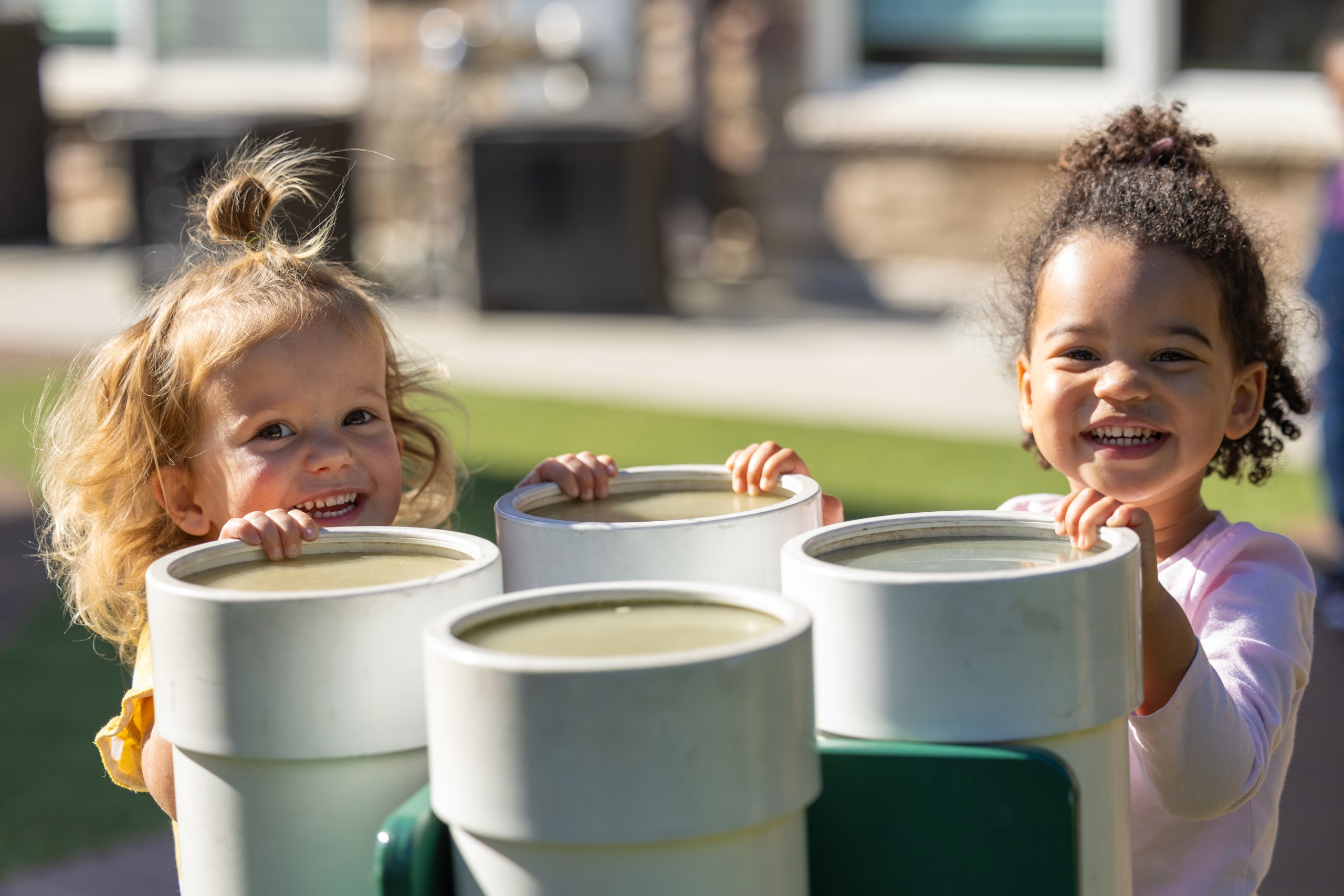
Special guest post by Maria Dontas, Director of Corporate Social Responsibility

There’s me on the right!
The Importance of Being Responsible
Being responsible means being dependable, keeping promises, and honoring your commitments. When one is responsible, one shows independence and diligence when carrying out tasks and making decisions.
As Kiddie Academy’s Director of Corporate Social Responsibility, being responsible isn’t just a personal commitment – it’s in my job description. Kiddie Academy’s vision and mission are built upon the ideal of doing for others and upholding a commitment to serve. When we teach children about being responsible, we know that means going beyond the walls of the classroom and living out that principle in the real world. Because we believe in practicing what we preach, we hold ourselves to the highest standards when it comes to our corporate social responsibility efforts.
Making an Impact Together
Together with our network of more than 250 Kiddie Academy locations, we celebrate giving back and good will, working in tandem to create meaningful experiences that make a difference for people and our planet. Our dedicated Corporate Social Responsibility (CSR) team works to bring meaning to our motto, Community Begins Here, in various ways locally, regionally, and nationally. For example, we’ve launched a volunteer program for all corporate employees, expanded our recycling program at our corporate offices, and are teaming up with a national nonprofit and our Franchisees to bring exciting fundraising events across our system.
Responsibility in the Classroom and at Home
Our Character EssentialsSM theme for May was “We are responsible.” Children in our classrooms learn all about how responsibility shows independence and conscientiousness. Equipping children with the propensity to be responsible at a young age positions them for long-term success in contributing positively to society and seeing themselves as valuable members of a group. And hopefully one day, they’ll enter the workforce with a passion for doing good and fostering responsibility.
How you empower children to be responsible is important. It’s quite a big concept, so when you ask your child to be responsible, make sure you provide tangible, actionable and age-appropriate direction for ways they can contribute.
Talk to your child and come up with a list of activities that show how responsible they are. Encourage their interests and align duties with their personal passions. Give them the opportunity to help you and develop a sense of self-esteem by inviting them to assist with chores and “grown-up” tasks. For example, the list can include a variety of efforts like:
- Set the table
- Brush my teeth
- Water the plant
- Feed the dog
- Donate my toy
- Make a kind card for a stranger
Make sure to praise your child for a job well-done, and reward them with a game night, a fun activity or just a warm hug and words of encouragement. Remember that praise should come with the acknowledgment of the job they did. Say something like, “Thank you for watering the plants today, you did a great job!” or “I noticed you watered the plants today – great work!”
Teaching your child about responsibility conditions their attitude towards upholding duties and being proud of their own good work. When we show children that the people around them value responsibility, we show them that their actions have consequences, and positive actions yield positive outcomes for everyone involved.
For some literature suggestions on responsibility, check out these books recommended by our friends in the Kiddie Academy Education Department:
Do I Have To? Kids Talk About Responsibility, Nancy Loewen
How Do Dinosaurs Clean Their Rooms?, Jane Yolen
I Just Forgot, Mercer Mayer
The Pigeon Wants a Puppy!, Mo Willems
Looking for more news you can use?
We would love to send you our free monthly newsletter, Parenting Essentials! You’ll receive a newsletter by email, full of parenting advice, ideas and information, as well as articles about emerging trends in educational child care.





